Fifty years ago, a play by the 7:84 theatre group transformed the Highlands’ sense of itself.
The play was The Cheviot, the Stag and the Black, Black Oil, and a couple of weeks ago I had the privilege of being at a packed village hall in Dornie in Wester Ross where it was shown on a screen to the locals.
It was poignant for several reasons. Firstly, one of the members of the original touring cast – the wonderful Dolina MacLennan – was present to give it a real sense of occasion. She talked about the life-changing character of the original production, touring scores of scattered village halls in Scotland in a van, and reminding us of the impact the play made at the time.
The film of The Cheviot… was shot in Dornie Hall in 1974. Before it was re-shown on the village hall screen a fortnight ago, the audience was asked how many had seen the play live on-stage 50 years ago. About half the audience put their hands up. Now that’s living history for you.
The play itself was, essentially, about the Clearances and how – through the arrival of sheep and then deer forests and, latterly, American company-driven North Sea oil – rampant capitalism had more or less destroyed an indigenous people and their language and culture.
But it was, really, about land itself, and how land ownership guarantees that the wealthy (at one time, the likes of the Duke of Sutherland, but these days, as often as not, unknown offshore companies) hold the most precious asset tight to their hearts. And no wonder it’s precious: as the other Highlander said, God stopped making land a long time ago.
After that, on the seventh day, He rested. It was then up to us to care for it. Or destroy it…
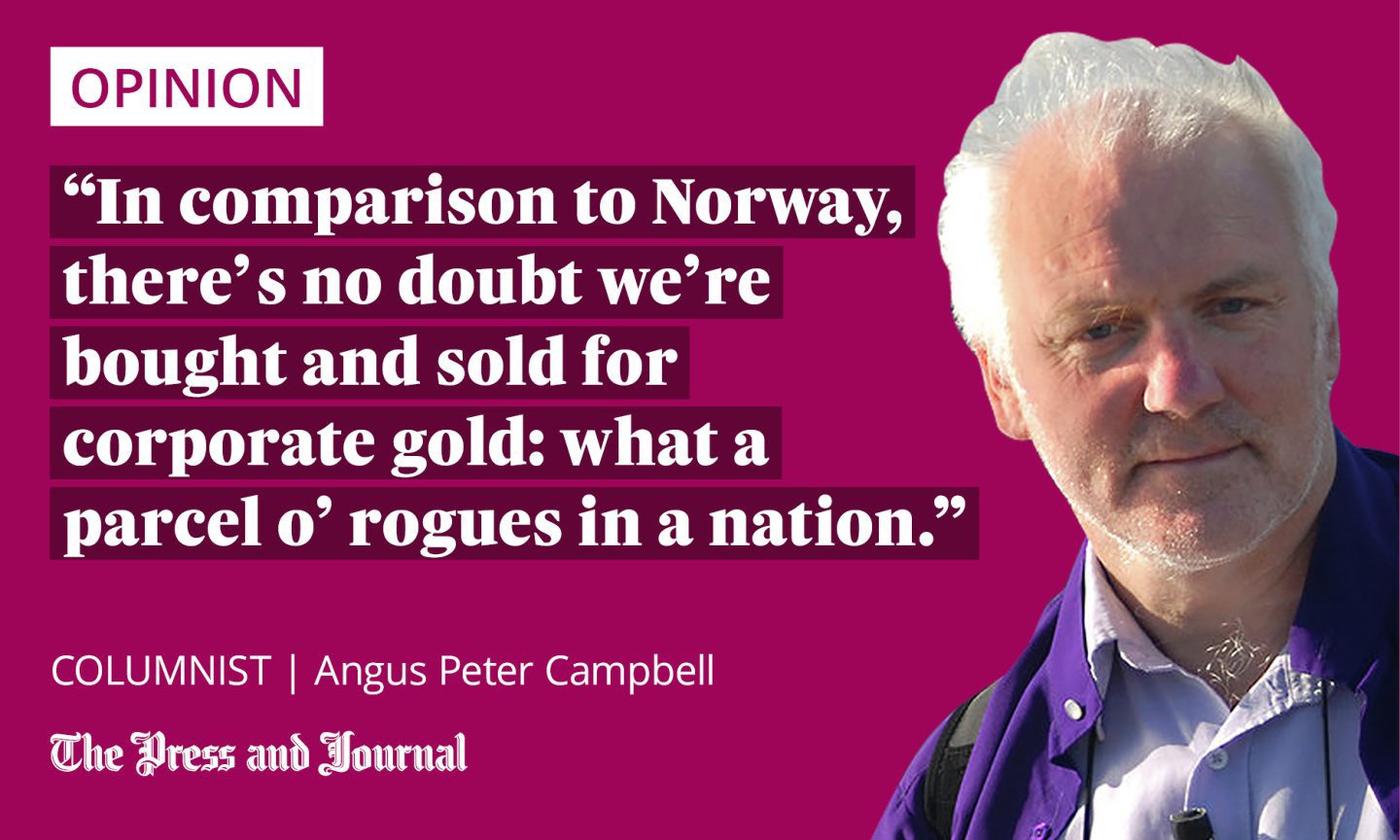
The name of the theatre company itself was taken from the inequality of land ownership. At the time, in the early 1970s, 7% of (rich) folk owned 84% of the land in Scotland.
“For these are my mountains, and this is my glen…” the play began, as everyone sang. But are they really, and is this, truly, my glen?
Of course it isn’t, for I don’t own an inch of it. Currently, according to Andy Wightman, who is the best researcher on land use and ownership in Scotland, 83% of rural Scotland is owned by private entities (individuals, companies, trusts and so on).
A collection of 433 landlords own 50% of the privately-owned rural land, and – perhaps more damning still, despite having a government in Edinburgh which is supposedly interested in diversifying land use – the ownership of privately-owned rural land has become ever more concentrated since 2012, as a result of existing owners acquiring still more land.
A play that inspired our vision for radical change
Unfortunately, I remember 50 years ago, though with an increasing sense of nostalgia. On the back of our Campaign for Nuclear Disarmament marches and anti-Vietnam War protests, anything seemed possible. Is it really true that Thatcherism and Trumpism hadn’t yet blighted the globe?
Oh, I ken fine it wasn’t a land flowing with milk and honey, but I do remember a sense of radical change in the air in those days of the early-1970s.
For the first time ever, my homeland in the Western Isles got its own council, instead of being administered like a colony from Inverness and Dingwall by Inverness and Ross and Cromarty County Councils.
The radical West Highland Free Press had just started, giving local communities a proper public voice, and John McGrath’s Cheviot, Stag and Oil stopped at scores of village halls to tell the indigenous people their own history (largely ignored in schools at the time) and inspire our vision for radical change.
Life in Airbnb land
And here we are, 50 years on, with nothing much changed. Instead of Cheviot sheep, the glens filled with expensive Airbnbs; instead of stags, land and houses which locals can’t afford to buy or rent; and the black, black oil still there, with the private oil and gas giants making record profits: £700 million for (privatised) British Gas last year, £11 billion for BP, and £22 billion for Shell.
Oh, I know a bit of it simmers down to the workers and the communities, but in comparison to Norway, there’s no doubt we’re bought and sold for corporate gold: what a parcel o’ rogues in a nation.
We urgently need land brought into community ownership in Scotland, allied with economic and cultural and linguistic renewal
We urgently need land brought into community ownership in Scotland, allied with economic and cultural and linguistic renewal, if this place we call home is to have any future. Otherwise, we’re as well singing the modern version of what the 7:84 theatre company cast sang five decades ago:
“For these are my mountains
And this is my glen
Where all the big houses
Were once but-and-bens
Just stand and admire then
For you can’t afford
To buy or to rent them
In Airbnb land”
All together now…
Angus Peter Campbell is an award-winning writer and actor from Uist
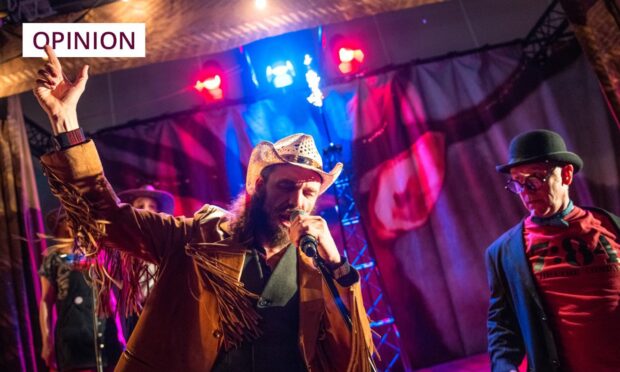
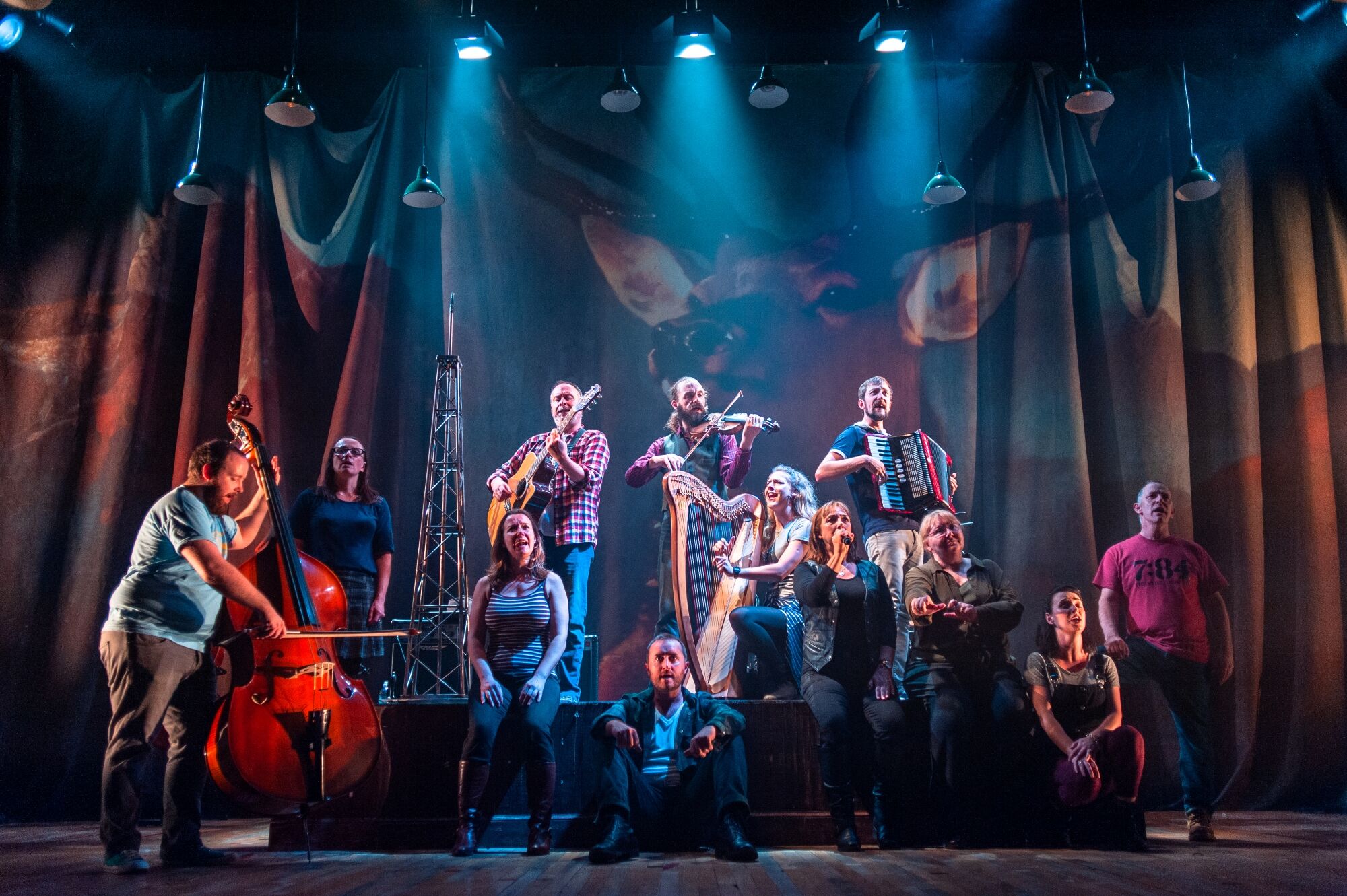
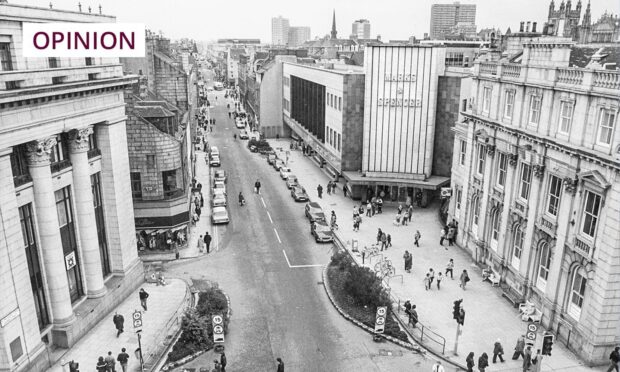
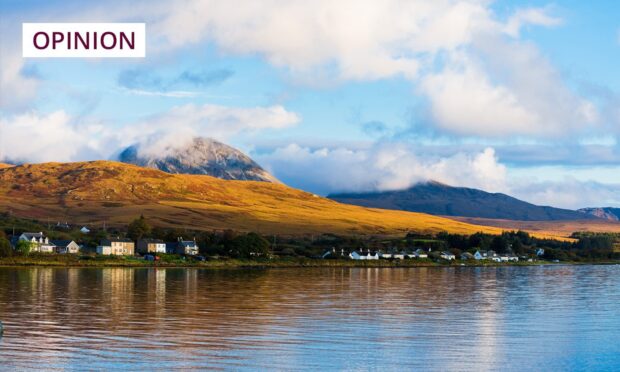
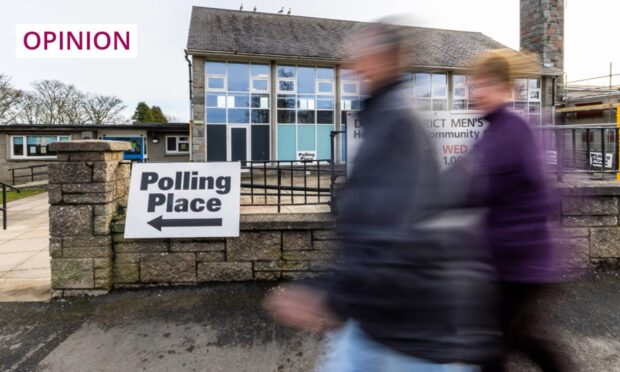
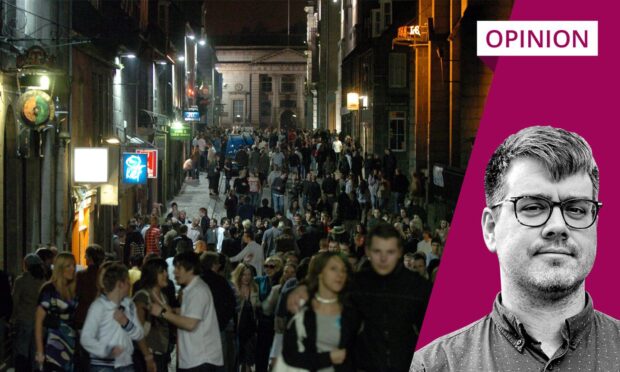

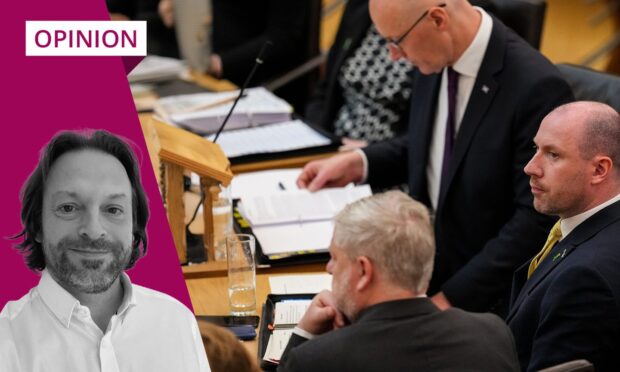
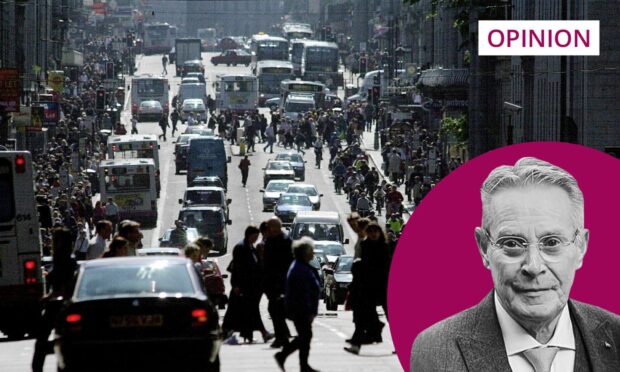
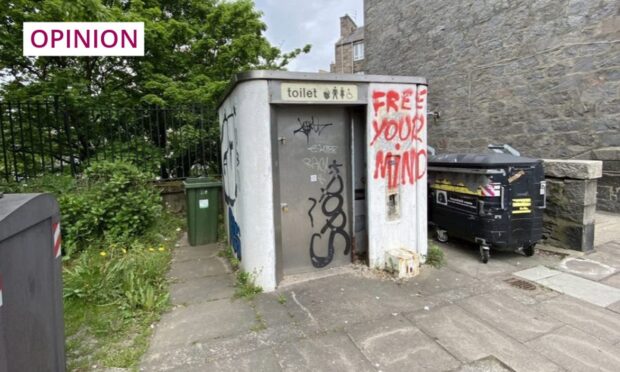
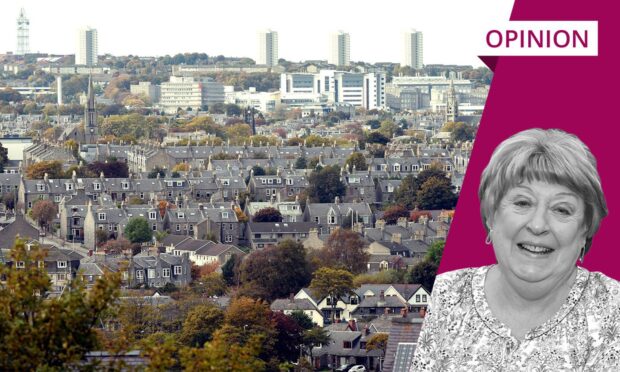
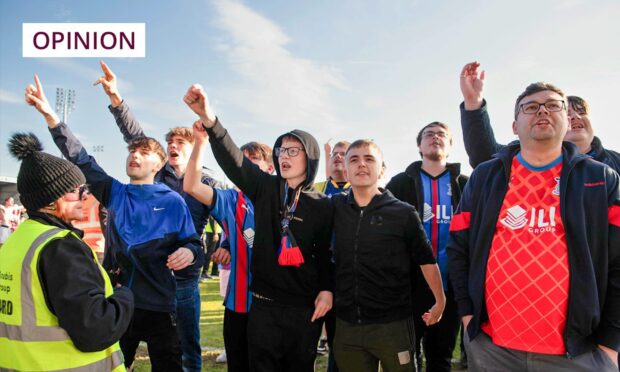
Conversation